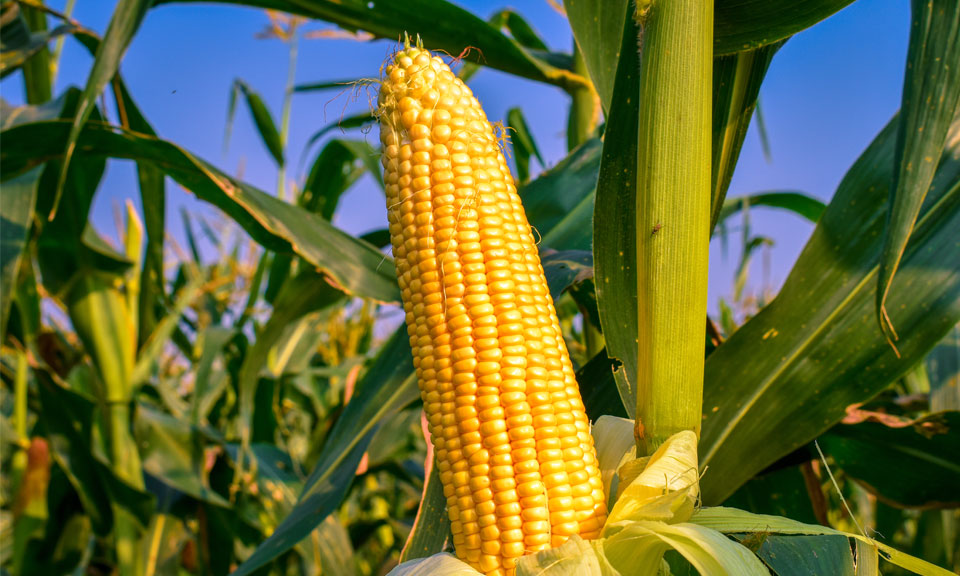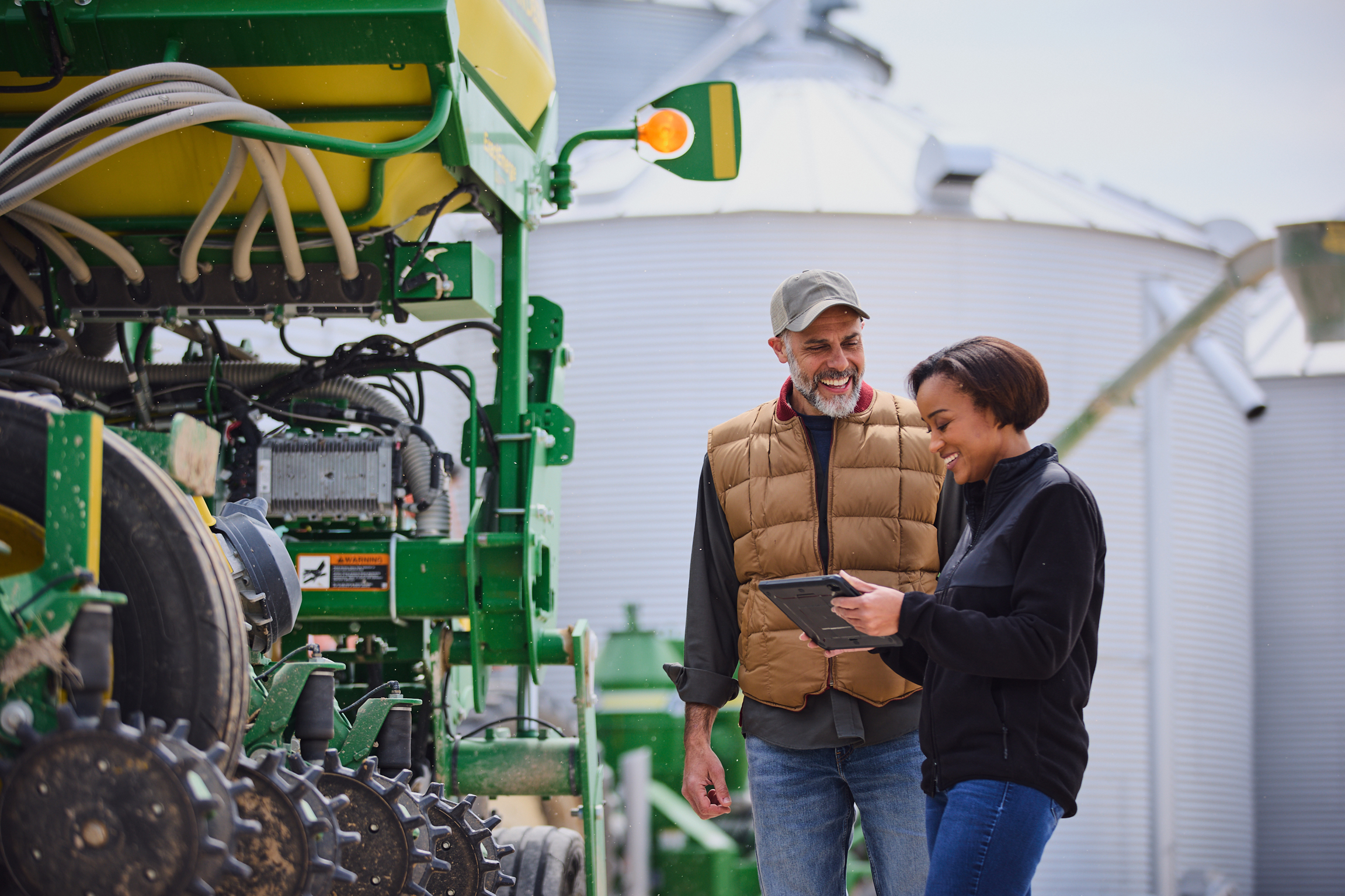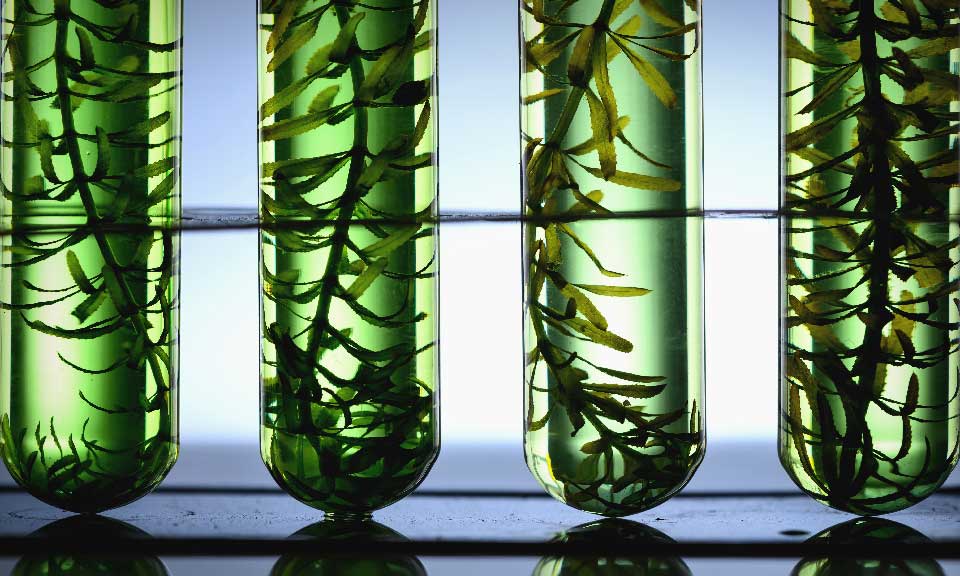First cargo of Ukrainian corn since start of war loaded in Romanian port: Ukrlandfarming

The first cargo of Ukrainian corn since the Russian invasion of that country on Feb. 24 has been loaded for export in Romania, Ukrlandfarming, the company loading and selling the grain, said April 28.
The Panamax-sized cargo was loaded with Ukrainian corn in the Romanian port of Constanta, a Ukrlandfarming trader told S&P Global Commodity Insights. The ship was slated to sail late April 28, the trader said. Its destination was not disclosed.
The ship was loaded and sold on FOB basis, said the trader. A producer of grain, oilseeds, poultry and eggs, Ukrlandfarming has been shipping corn to Romania by rail from its elevators in Ukraine to finally load 71.2 million mt of corn, the company said.
The export of goods out of the Ukrainian Black Sea ports in the Odessa and Mykolaev regions stopped after the Russian invasion.. As a result, Ukraine had to look for alternative routes, railways in particular. However, the export potential by rail is limited to 450,000-700,000 mt/month of grain, according to market sources, compared with 5 million-6 million mt/month before the war. Lower export potential puts pressure on domestic prices while providing support to the international market.
Exports by rail are constrained mainly by the number of wagons and the capacities of border-crossing points with EU countries, Poland and Romania in particular, because of differing rail gauges, which requires reloading of goods on different wagons.

News
Bayer AG has announced the pilot of an expert generative AI (GenAI) system that “quickly and accurately” answers questions related to agronomy, farm management and Bayer agricultural products. The pilot has been developed in collaboration with Microsoft as leading technology partner and Ernst & Young (EY) as an industry partner, the company said. The system is the result of Bayer using proprietary agronomic data to train a large language model (LLM) with years of internal data, insights from thousands of trials within its vast testing network and centuries of aggregated experience from Bayer agronomists around the world, the company said. “Our unique GenAI system has the potential to serve agronomists and benefit farmers all over the world, further advancing AI as an indispensable technology for agriculture,” said Amanda McClerren, CIO and head of digital transformation & information technology for Bayer’s crop science division. Bayer said it is exploring ways to integrate the expert GenAI system into its digital offerings, and the company anticipates broad opportunities for collaboration with other agricultural offerings and partners. “Bayer aims to expand the pilot of the expert GenAI system to selected agronomists and potentially farmers as early as this year, while continuing to advance a separate GenAI prototype allowing users to directly query their own farm data,” the company said. In addition, the partnership between Bayer and Microsoft enables the company to bring ready-made capabilities, AgPowered Services, to the agri-food industry, such as Bayer’s Historical Weather that brings a comprehensive weather dataset to Azure Data Manager for Agriculture that spans the last 40 years and provides detailed, field-level weather insights across global agricultural regions, the company said. Integrating tools from IBM, including from the IBM Environmental Intelligence Suite, the new capability, which was previously available for internal use only, can inform weather risk assessments and actuary processes, Bayer said. It will also be used by Bayer and others to forecast crop seasonality and production changes year over year, as well as train agronomic models, it said. Meanwhile, Bayer is developing a connector that enables access to irrigation data from Lindsay Corp., an industry-leading irrigation solution provider. This expands the data types available to Azure Data Manager's enterprise customers, making it possible for them to connect to irrigation data in the same way as weather, imagery, original equipment manufacturer (OEM) and other data types, the company said. The new cloud offerings will also support regulatory and sustainability reporting, such as providing supply chain traceability that can help ensure compliance with new laws such as the EU Deforestation Regulation, which is expected to go into effect at the end of 2024, Bayer said. This article was first published in chemweek.com. Photo credit: Bayer

News
Asia has seen the fastest growth in biofuels production and exports globally, driven by government policies and export markets for feedstocks. To capitalize on the boom, governments have rapidly pushed out biofuel mandates focused around their country’s main agricultural products. Presently, the largest biofuel producers in the region are China, India, Indonesia, Malaysia, the Philippines and Thailand. Here’s a ready reckoner for Asia’s major biofuel policies along with production, trade and prices. Click for the full-size infographic